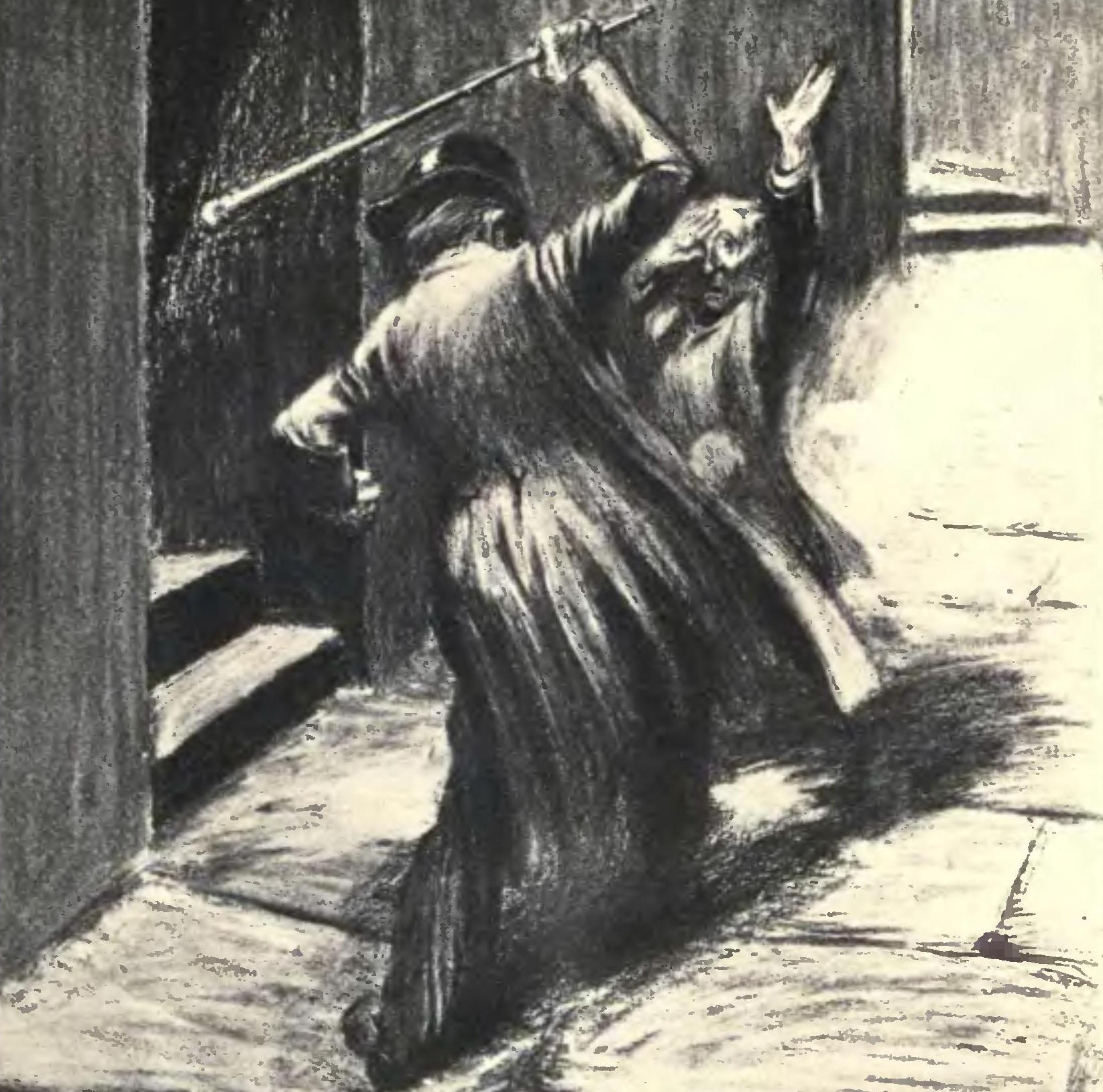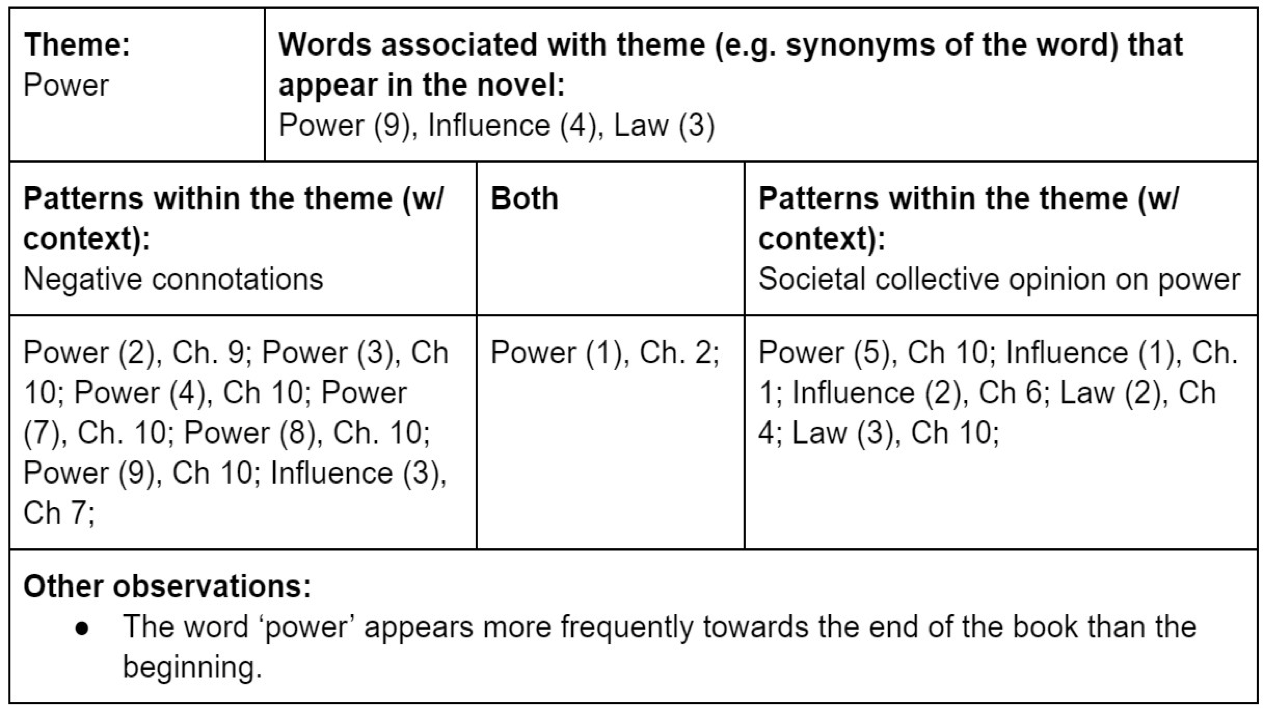This post presents the winning entry for the CLiC Digital Reading Competition 2019 by Kaja Kozlowska of Bishop Walsh Catholic School in Sutton Coldfield. Kaja’s submission focuses on the themes of power and over-powering violence in Stevensons’s The Strange Case of Dr. Jekyll and Mr. Hyde. She addressed the question: “In what context is power presented most commonly throughout Robert Louis Stevenson’s Dr. Jekyll and Mr. Hyde?”. Kaja submitted the following activity:

The theme of power frequently appears all through Dr. Jekyll & Mr. Hyde, particularly in terms of social hierarchy. This constant repetition of violent power makes it clear for the reader that Stevenson views it negatively. Hyde gets away with things for a long time because no one suspects Dr. Jekyll of wrongdoing: his status affords him respectability, reputation and thus power, and means he is able to act undetected.
Step-by-Step Instructions
- Select the “Concordance” tab from the CLiC menu (http://clic.bham.ac.uk)
- Under “search the corpora” select Dr. Jekyll and Mr. Hyde
- Leave “only in subsets” as “All text”
- Search for relevant words (here, power, influence and law)
- Begin filling in sheet according to the following categories:
- Theme (power in this context)
- Patterns within the theme (categories in which the word power will fit, according to novel, usually of your own choice)
- Include chapter
- Other observations (things noticed)
- Consider how this can change your overall perspective on the book.
The theme of power, as previously mentioned appears often throughout Dr. Jekyll and Mr. Hyde, and the word more often than not is said in a negative context, with negative connotations. Even more interestingly, these words appear more frequently at the end of the book in comparison to the beginning. Interpreting these findings makes it clear that Robert Stevenson had tried to present his ideas (flaws within the idea of power) in the book, and did so successfully. He presents this by associating words such as power and influence, with hints of negativity. Not only does this affect the reader by considering the flaws of a hierarchical system, but also shines a dark light on the characters Jekyll & Hyde, something that Robert Stevenson continuously does, making clever use of developing the reader’s viewpoint and perspective when reading on. To add to this idea, Stevenson also starts to use the words associated with power more frequently at the end, showing a more obvious contrast to the reader that even though we thought Dr. Jekyll was a respectable character, of high social status, we were wrong as we didn’t know the full story.
Congratulations to Kaja on this great submission!
The template for the activity is kindly made available by Kaja’s teacher, Lorraine Adriano, and can be downloaded as a PDF file. For additional activities on Jekyll and Hyde, see previous guest posts on this blog on the role of doors (Adriano, 2018) and servants’ agency (Stoneman, 2018). More generally, lots of examples can be found in the Teaching category of this blog, and in the pedagogical resources/CPD materials section of our website (including the free CLiC Activity Book). We’d love to hear what you think about these activities!
References
- Adriano, L. (2018, March 5). CLiC in the Classroom [Blog post]. Retrieved from https://blog.bham.ac.uk/clic-dickens/2018/03/05/clic-in-the-classroom/
- Stoneman, C. (2018, June 8). Signposting and gatekeeping the supernatural: Servants and doors in The Strange Case of Dr Jekyll and Mr Hyde [Blog post]. Retrieved from https://blog.bham.ac.uk/clic-dickens/2018/06/08/signposting-and-gatekeeping-the-supernatural
Please cite the activity as follows: Kozlowska, K. (2019). Power & over-powering violence in Jekyll & Hyde. Retrieved from https://blog.bham.ac.uk/clic-dickens/2019/12/16/winner-clic-competition-2019


Join the discussion
0 people are already talking about this, why not let us know what you think?